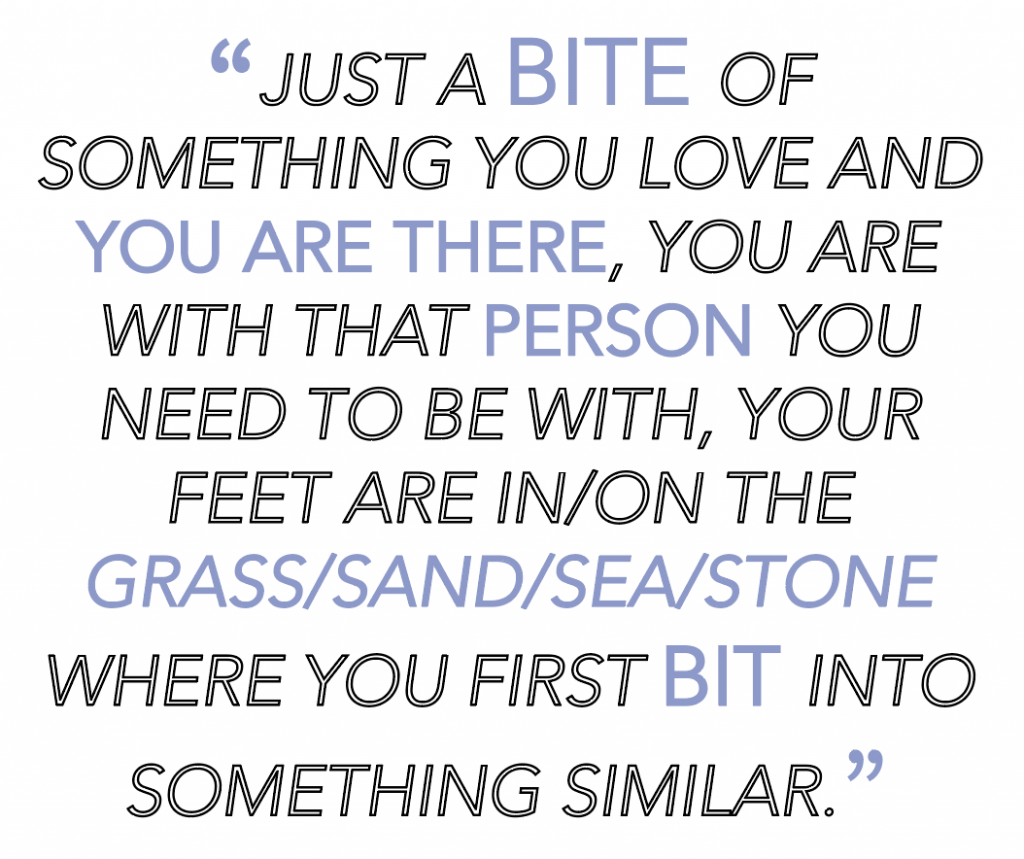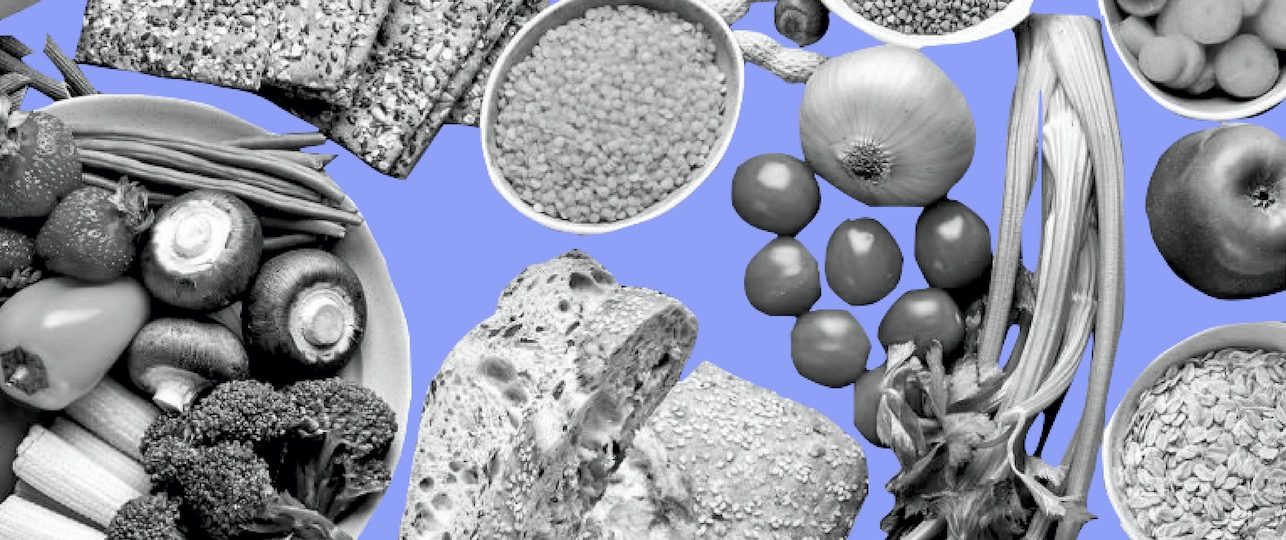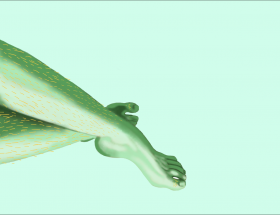‘Food’, my Dad begins, stretched out languorous and pleasantly full after one of my Mum’s legendary Sunday dinners, in the back garden amongst the summery smell of baked earth and the dappled blues and pinks of a May evening, bracketed either side by the spring Peonies and fig leaves like a Renaissance cupid ‘is one of the greatest pleasures in life.’ Amongst the most pleasurable of evenings, bird song dim and sweet, hand around a leggy glass of red wine, knees half-burnt by a cheerful fire, amongst this night with hands full of bright and shiny pleasures, it was food my father crowned as king.
I’ve heard this saying so much in my life. I’m sure you have, too. From its beginnings clothed in rags of soft meat and desert grass, Food, the humble art of chew swallow repeat, has rather got ideas above its station. Look at it now, glimmering in a rather swish cape of epithets and applauses. Look at its saucy hand on its hip, its fingers crusted with rings of desire and the soft moan when you bite into the first spoon of spicy, melting apple crumble speckled with vanilla custard. Look at it now, its leg cocked to reveal its wingtip shoes, laced with the grateful sighs as a plate of thick, eggy pasta drunk with tomato sauce and rosemary is placed in the centre of the table. Food knows its worth. And why shouldn’t it? In literature and culture in general, food stands second only to sex in human preoccupation, and the two are so linked its hard to say who takes the first crown. You’ve heard them all; food is love, food is life, food is light, food is the medicinal salve that reunites warring families since Medieval Italy onwards, food is unity, food is the prelude to the consummation of courtship, food is the way to platitude your husband/boyfriend, food is joy at the end of the day, food is the biomechanical process in which we take in chemical energy through the orifice in the bottom-centre of our face, grind it with sharp nubs into swallowable paste which we suck flavour from via circular taste-receivers on the tentacle-like appendage in the centre of said orifice, then by some mystical digestive rite transform that chemical energy into kinetic energy that we use for things like walking, working and reveling under a midnight sun. All the proverbs and platitudes that wouldn’t be innocuous in embroidery above your dinner table or sung in a Dolmio advert. You’ve heard them all. I would like to offer you another one, and one you will not have heard before (I hope); food is magic.

I had the idea for this article on the 25th of May, Bank Holiday for the British. It was teeth-whiteningly hot outside, and the grass looked the perfect colour to stain dresses and t-shirts. My Mum suggested a picnic. These were my favourite when I was little, finger sandwiches and gooey, sweet jam tarts with crumbly pastry. Our dogs looked on eagerly as we laid a blanket down in our back garden, pleased that the table had suddenly lowered and their landing strip for kamikaze food dives was much more within their grasp.
Stop here for reason one why food is magical. Did you notice there, that when my mum mentioned a certain food-in this case, the food found on cardboard plates from Marks & Spencer balanced on sunburnt knees, being kept safe from wasps by fluttering hands– I was immediately transported back to a memory, or a kaleidoscopic rift of them, blurred together and kept there in my mind by the taste touch smell of the food within them? Tell me, what substance could do that if it was not magical? Food is both a memory keeper and a memory transporter. A really good or really bad-meal is enough to fix a night or a day in my mind for a long time, even if the conversation and atmosphere was normal, or at least not enough to stand out in reflection. And more than this, it wraps itself so tightly around the nights and early mornings and windy afternoons where it is eaten that just by biting into one of its descendants you are transported back to that first acquaintance. If I eat something with sugary, stewed apples in it-crumble, cake, or otherwise-I am back, for a moment, in Krakow, in a restaurant in the middle of a square, under an awning while a summer storm sends rain howling down more fiercely than I have known before (and I’m from Wales!) sharing an apple cake with my boyfriend opposite me. Apples, whenever I eat them, remind me of that night, and him, and I can see him more clearly when we are apart by biting into a crisp Pink Lady. Peanut butter reminds me always of my mother (we’re the only ones in the house that like it) and any taste of it will remind me of sharp, nutty biscuits shared in the sun, sandwiches slathered in the smooth butter and sweet, crisp jam, her brilliant smile as we share this strange (in our family) taste. This is very useful when you live six months of the year away from those people that you love the most, and when you are aching and missing them, the fact that you can walk into the kitchen and grab an apple or smear a slice of toast with peanut butter and suddenly feel them much closer, see their faces more clearly, is something I will never not be grateful for. Sometimes it can be overwhelming, the memories that food can produce. My Grandfather used to make bread– and it was the best bread in the world. There was nothing outwardly special about it other than it was his, and he would cut it into thin thin thin slices for me, so that when it was toasted it was so crunchy that when it was set down, its crooks and riverbeds filled with butter, it almost fell apart. I can’t eat thin toast anymore. When I visit my Gran in their house, I cannot eat toast at all because the memory is so close that the bread tastes rotten, too close and not close enough to him. Who needs a Pensieve?
Food, a quick bite, can produce goodness and sweetness and grief and nostalgia in measures that cannot be contained in cups and grams. When I eat ginger biscuits, I always get a momentary swirl of nervousness in my stomach, as ginger biscuits are what I eat during exams. Sugary cereal takes me back in an instant to family holidays, and fighting over the last bowl with my brother because you didn’t use to be able to get Froot Loops and Cinnamon Toast Crunch in Britain and we’d look forward to being let loose on those shiny boxes all year. If I treat myself to a box, I will lift the spoon to my mouth and suddenly want to text my brother, to see how he is, to hear him. Yesterday morning, I took my book and a few rich tea biscuits up to a bench in our garden and sat reading and eating them for breakfast in the sun. I folded my legs, and was wearing a white dress, and read about the sunny streets of Gilead in Iowa, and I didn’t feel nervous or mind-wandering or panicky, I just was. This morning, mid-conversation and distracted with a million things, I distractedly picked up the same quick breakfast without thinking, without relaxing, my mind anywhere but on the thing in my hand- but immediately as I ate it, in that half bite of the creamy crunch of the same biscuit, I felt calm. Happy. Those biscuits, now, will remind me of that slice of sunny morning. See? Magic. Chocolate cake reminds me of my mum’s best friend and her daughter. Pret mint tea reminds me of two of my closest friends, as that is where I meet them, and that is what I always get. When I crunch down on a cold red grape I think of holidays, slightly crushed fruit in stained paper bags. Any feeling, any person, any time, can be conjured by a quick rummage in the fridge, or if it’s really desperate, a run out to Morrisons. No mood-lifters, potions, memory stones needed. Just a bite of something you love and you are there, you are with that person you need to be with, your feet are in/on the grass/sand/sea/stone where you first bit into something similar. Only for a moment, but that moment is enough. A teleporter, a memory-keeper, a key to happiness, all in one? Tell me more, Caitlin! (That’s what you’re saying, right?)
Once it was decided that, yes, this is what we will do today, my Mum began to work. She used her sharp, small knife to slit along sheets of buttery pastry to use later for rolling sausage rolls. Pressed other butter pastry into wainscoted cases for jam tarts. She coaxed out slats of butter to make the scales exact, rolled out rough hunks of dough into delicate, precise shapes. She taught me how to make her cheese scones, tipping two more handfuls necessary of flaky yellow cheddar into the batter, pulsing (because it saves time and you can’t tell the difference) the butter and flour, sifting golden dust of breadcrumbs through her elegant fingers to test if it was fine enough. We pushed in the little, slightly deformed (I was in charge of the cutting of the dough, and I was not a Michelangelo) lumps of foetus scones into the oven, and thirty minutes later they withdrew from the oven in warm, fist-sized hunks of topaz, gleaming with black pepper flaws and crisp, orange veins of cheese. Her hands skinned across our countertops and under her fingers bloomed perfectly cut sandwiches on malty bread, stuffed so full their seams were splitting with ripe tomatoes, twirling cheese twists, splitting grapes and smiling pineapples, producing from air iced cakes and egg-and-butter glazed mini quiches. Every twist of wrist and sly strip of knife was a ritual dancing through her mind, her hands turning a tin opener into an athame and using rosemary and parsley to scatter thoughts into her food. I’m going to make the obvious connection here between cooking and the kitchen generally as the historic cultural and societal domain of women with its rhythmic movements, precise measurements and colourful ingredients, and the historic cultural and societal femininity associated with witchcraft in general, but it is more than that. There is more magic in it than just its past.
I have a history of disordered eating (I know, I know, you’re telling me Caitlin will you ever write about anything else and I’m telling you no, I will milk this trauma teat for all it is worth). I am currently, rather ironically, writing this to avoid what I know is a heinous photo my mum took of me in a bikini holding my dog that she sent to the family group chat. Food has always been magical to me, but for a while it became more of the dark arts sort, something to be feared and avoided. Food stopped being a series of magical transformations between base ingredients and a bubbling, cracked whole, between raw and uninteresting and a warm plate that draws every eye and every stray, drop-catching finger to it, and started being calories, and weight gain, and a number I would have to run off on the treadmill, or as I got worse, purge out like poison. I never thought it would be this process of cooking, of knowing how much sugar butter milk egg (all foods that made me then and now shiver with fear) is in every food I eat, of having to touch it and stir it and look at it, of staring the beast in the eye, that would make me start to heal. But it was. Baking and rolling and cooking, feeding everyone else, made it easier to feed myself. Cooking for my friends and my boyfriend and my mum helped me unwind and remember the goodness that flowed from whirling curries on the stovetop and was pulled out alongside dark chocolate and glace cherry brownies from the oven. It reminded me of the magic it used to hold for me, the magic of memory and ritual and the pure emotion of seeing my mum create worlds of my childhood, of comfort, of taste and love from raw nothingness. My relationship with food, as any relationship with one’s old, unknowable, powerful Gods, is worshipful and loving and hallowed, and sometimes fearful and tinged with revulsion. But it is mostly unknowable. I will never unravel exactly what it is about cooking and the food we eat that is in essence magic, though I have tried.We can read and decipher religious texts, and more conventionally mythical ones such as the Necronomicon and the wiccan blogs that clog my Instagram feed with white dreads and Etsy spells, but there is always that block, that unknowability, that preserves their mystery, their interest, their magic. I am not good at not knowing things, and why we love and worship food well beyond its base energic necessity, why we craft and ache and perfect recipes further even when they already taste nice, is a question whose answer has always escaped me. But maybe that’s a good thing. Things that are logical, understandable, easily answerable are nice enough, but they aren’t exactly…magic.




